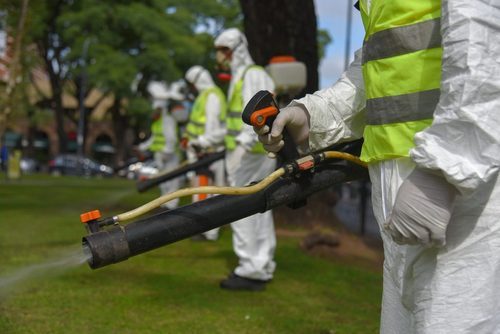Services
Phytosanitary Inspection
Helping Indian Exporters/Shippers to meet all Export-related Phytosanitary Requirements
The export inspections involves sampling and detailed laboratory tests in case of seeds and planting material for propagation whereas visual examination with hand lens and washing tests, etc are carried out for plant material meant for consumption. The export inspections are conducted at exporters’ premises also to facilitate exports for agricultural commodities meant for consumption .
Inspection of plants and plant material meant for export as per the requirements under International Plant Protection Convention (IPPC) 1951 of FAO to facilitate pest free trade

Basic Requirement For Obtaining Phytosanitary Certificate
- Name & address of Exporter
- Name & address of Importer
- Commodity Name (Common)
- Commodity Name (Botanical name)
- Quantity (Wt./Vol.)
- No. of pieces/packages/containers
- Nature of package material
- Means of conveyance
- Port of loading
- Country of export
- Port of unloading
- Date & place of inspection of goods
- Invoice/Shipping/Airway Bill No.
- Invoice/Shipping/Airway Bill date
- Value of commodity (Rs.)
- Purpose of Export (Sowing/Planting/Consumption)
INSPECTION OBJECTIVES
The objective of inspection of consignments is to confirm compliance with export requirements relating to quarantine pests or regulated non-quarantine pests.
An export inspection is used to ensure that the consignment meets the phytosanitary import requirements of the importing country at the time of inspection.
An export inspection of a consignment may result in the issuance of a phytosanitary certificate for the consignment in question.
The collection of samples for laboratory testing or the verification of pest identity may be combined with the inspection procedure.
Inspection can be used as a risk management procedure.



